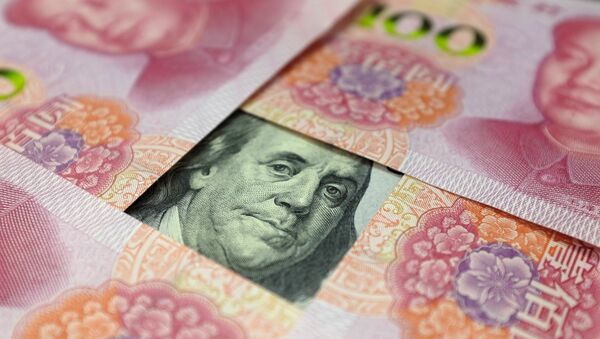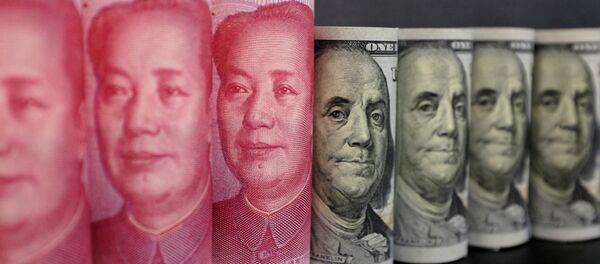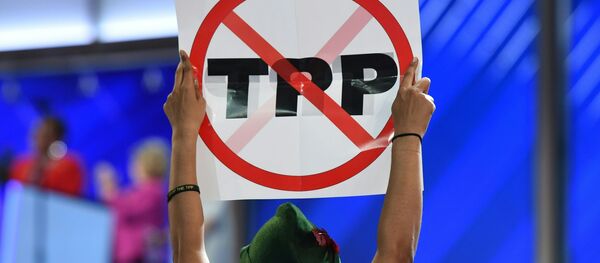Market economy status (MES) is important for settling dumping-related disputed between WTO members.
China remains vulnerable to Japanese anti-dumping tariffs. Taking into account the fact that the United States and the European Union are also unlikely to grant a MES to China, the consequences to the Chinese economy, which is currently seeing a downturn, will be negative, Sputnik Japan wrote.
Currently, there are anti-dumping tariffs in Japan on three categories of Chinese-made products. In the US, additional anti-dumping barriers have been imposed against 20 Chinese-made products.
In September, the US filed a new complaint against China to the WTO, accusing Beijing of unfair distribution of subsidies for producers of cereals.
In addition, US President Barack Obama decided not to greenlight acquisition of semiconductor manufacturing company Aixtron by Chinese firm Grand Chip.
Research conducted by a group of European manufacturing federations revealed that if China was granted a MES it would be more difficult for European producers to compete with cheap Chinese products and could risk slashing 3.5 million jobs across the EU.
Nevertheless, there is lack of unanimity on the issue between bloc’s members. Belgian online newspaper EUobserver reported that Britain, the Netherlands, Finland, Sweden, Denmark and Germany could support granting a MES to China, but with certain restrictions, while Italy opposed the move.
At the same time, The Financial Times reported that in December 2015, the US warned Brussels from granting a MES to China. Now, after Donald Trump won the presidential election, Washington will further mount the pressure.
Recently, Trump made another criticizing remark towards Beijing, after a series of similar comments during his campaign.
"Did China ask us if it was OK to devalue their currency (making it hard for our companies to compete), heavily tax our products going into their country (the US doesn't tax them) or to build a massive military complex in the middle of the South China Sea? I don't think so!" the President-elect wrote on Twitter.
It seems that after inauguration Donald Trump is unlikely to abandon his comments on China during the campaign. The new US president is expected to mount economic pressure on Beijing.
However, China is going to respond to those measures whatever they are. First, Beijing can use WTO mechanism as well as non-tariff restrictions on imports and investments in response to West’s discriminatory policy.
Such a move will be especially visible in the US since China is the top exporter to America and the third-largest market for American products. In 2015, US-China bilateral trade reached $558.4 billion. This scenario risks turning into a trade war between the world’s two largest economies, which will have a negative effect on global growth.
On the other hand, Beijing is likely to intensify its efforts to create own free trade are in the Asia-Pacific region as well as to integrate with the Eurasian Economic Union led by Russia.





